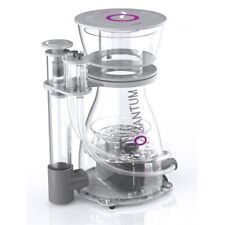Can Dogs Eat Blueberries? A Nutritious Snack or a Canine No-No?

Have you ever found yourself snacking on blueberries and wondered if you could share some with your furry best friend? You’re not alone! Many dog owners are curious about which human foods are safe for their pets. Today, we’re diving into a berry popular question: Can dogs eat blueberries?
The Nutritional Benefits of Blueberries for Dogs
Vitamins and Antioxidants: Blueberries are a superfood, not just for humans, but for dogs too. They’re packed with vitamins C and K, and are rich in antioxidants. These nutrients can help strengthen your dog’s immune system and improve their overall health.
Fiber Content: Besides vitamins, blueberries are also a good source of fiber. This can be beneficial for your dog’s digestion, helping to keep their bowel movements regular and healthy.
Low-Calorie Treat: If you’re watching your dog’s weight, you’ll be happy to know that blueberries are a low-calorie treat. This makes them a great option for a healthy snack, especially compared to processed dog treats that can be high in calories and sugar.
Potential Risks and Considerations
While blueberries are generally safe and healthy for dogs, there are a few things to keep in mind:
Choking Hazard: For small dogs, the size of a blueberry might pose a choking risk. Always monitor your dog when they’re trying new foods.
Allergic Reactions: As with any new food, there’s a chance your dog could be allergic to blueberries. Keep an eye out for any signs of an allergic reaction, such as itching or gastrointestinal upset.
Moderation is Key: Even with healthy treats like blueberries, moderation is important. Too many blueberries can lead to an upset stomach, so it’s best to feed them to your dog in moderation.
How to Safely Introduce Blueberries to Your Dog’s Diet
If you decide to give blueberries a try, here’s how to do it safely:
- Starting Slow: Begin by offering your dog a small number of blueberries and observe how they react.
- Serving Suggestions: You can serve them fresh, frozen, or mashed. Some dogs might enjoy a blueberry frozen treat, especially on a hot day.
- Monitoring Your Dog: Keep an eye on your dog for any signs of discomfort or allergic reactions after eating blueberries.













